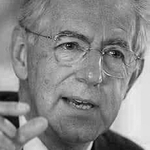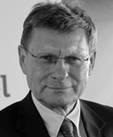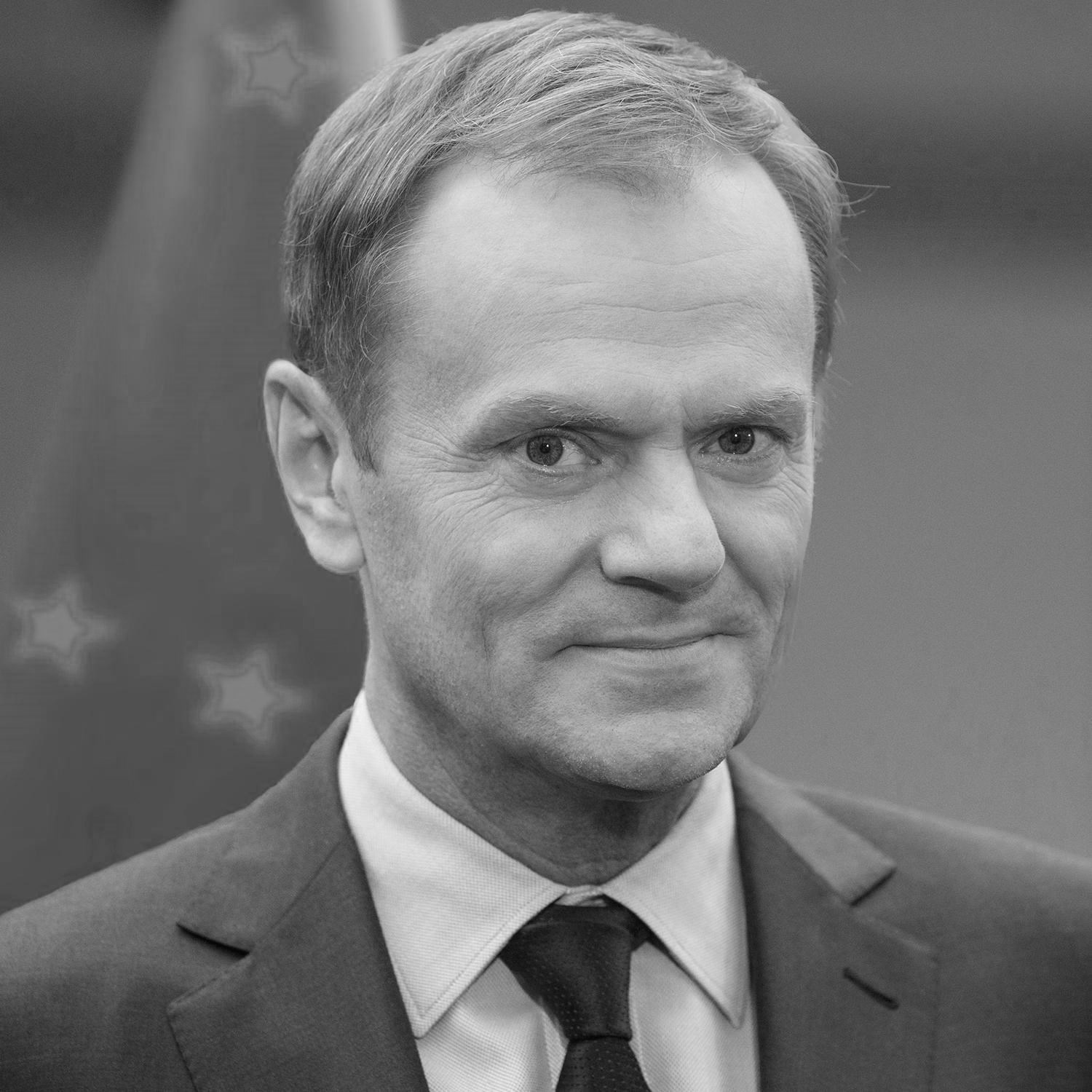Blog Post
Celebrating Bruegel’s anniversary
Jean-Claude Trichet outlines the factors behind Bruegel's success over the years.
10 years is a very young age. If you are a human being, you’re still a young child and not even a teenager. For a think tank, which has to gain credibility and authority progressively, by repeatedly proving the wisdom of its analysis and demonstrating the pertinence of its policy recommendations over time, ten years represents even more extreme youth.
The paradox of Bruegel is that we are simultaneously celebrating a very early anniversary, and our extraordinary success in terms of global and European excellence. According to the 2014 report Global go to think tanks, published by the University of Pennsylvania, Bruegel ranked as the 2nd non-US think tank in the world; the 5th think tank in the world (US included); and the think tank with the 3rd most significant impact on public policy worldwide.
To explain such success one has to take into account many factors.
First is the lucidity of the people, including Jean Pisani-Ferry, who launched the initial idea in late 2002. They were joined by policy makers, business leaders and individuals who demonstrated their enthusiasm for this project. They gradually gained the support of Germany and France, and then of 12 European governments and 17 leading European corporations, in order to found the think tank.
Secondly, let us note the professional excellence and intellectual boldness of Bruegel’s first team. Mario Monti, the first Chairman of the Board and Jean Pisani-Ferry, Project Manager and first Director, set up a core of researchers of remarkable quality. May I mention just a few: Alan Ahearne, Juan Delgado, André Sapir, Nicolas Véron, Jacob Von Weizsäcker.
Thirdly, the focus of Bruegel’s research has been on issues of great policy relevance at both European and global levels. I remember how impressed I was by the pertinence of the research programme every year from 2005 to 2011, and the quality of the papers produced by such a small team of researchers. I was not always in agreement with all the analysis and all the policy recommendations of Bruegel’s scholars. But it was precisely the intellectual independence of the scholars which I considered priceless. We were embarking on a period of unprecedented crisis, both global and European. In such periods, thinking out of the box is of the essence.
I would underline two issues where Bruegel’s work was of great relevance. One is the economic governance of the euro area. From 2005 onwards, the ECB considered increasing gaps in national competitiveness and persistent national divergences on economic, budgetary and financial matters major threats to the cohesion of the euro area. From that standpoint Bruegel’s works were vital, particularly research by André Sapir and Guntram Wolff. Another issue was commercial banks and the financial vulnerability of the European Union and the euro area. Again Bruegel’s papers were visionary, particularly research by Nicolas Véron.
Finally I would say that the ultimate explanation for Bruegel’s extraordinary success is probably the moment and location of its birth. Bruegel was born in 2005, only two years before the start of the worst global financial crisis since World War II; Bruegel was born in Europe, and it is precisely in Europe that one of the boldest historical economic and monetary endeavours ever started in human history is taking place. The encounter between the worst global financial crisis and this extraordinary European ambition has since 2009-2010 presented Bruegel with a set of unheard issues and problems which may be particularly acute and grave, but are also highly stimulating. Bruegel has proved that it is up to those intellectual challenges.
It has been a great honour for Mario Monti, Leszek Balcerowicz and, since 2012, myself to chair the Board of Bruegel. The Board reflects the diversity of the institution, with Board Members coming from government, business, academia and civil society. It has been a great privilege for me to work with Jean Pisani-Ferry and, since 2013, very closely with Guntram Wolff. The two successive Directors of Bruegel have been remarkable team leaders.
Jean’s tenure at Bruegel was characterised by its response to the myriad facets of the acute European crisis. Guntram’s Directorship was and will continue to be characterised by Europe’s particular situation in a global economy marked by multiple crises. I am proud to report that the conditions for meeting these new challenges have been put in place, with increased resources, a bigger research team, dedicated analysis on how developments in Asia and emerging markets will affect Europe’s future, and vigorous debates on the role that competition policy, innovation and developments in digital technology might play in helping Europe to significantly elevate its growth potential. Bruegel also continues to focus on European macroeconomics. The challenges are certainly no less than the ones we have faced in the recent past.
Long live our vigorous ten-year-old Bruegel!
Republishing and referencing
Bruegel considers itself a public good and takes no institutional standpoint. Anyone is free to republish and/or quote this post without prior consent. Please provide a full reference, clearly stating Bruegel and the relevant author as the source, and include a prominent hyperlink to the original post.








